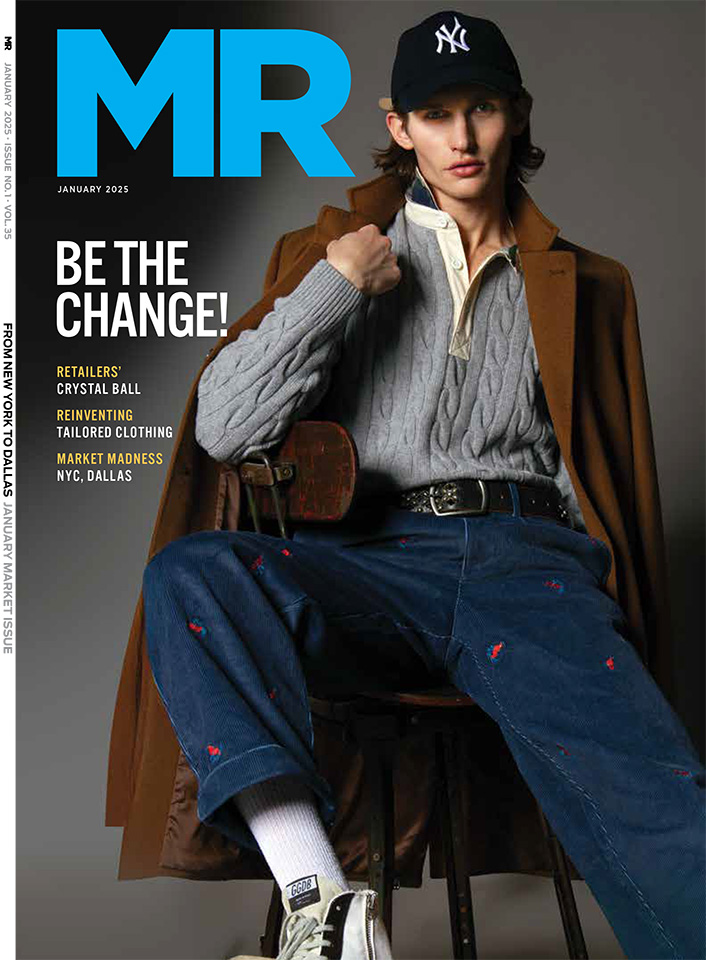The Anti-Normcore, Anti-Basics Minimalism Of A.P.C.

When the word “normcore” became a household term, in 2014, nobody was as displeased as Jean Touitou, the founder of the French clothing brand A.P.C. Initially characterized in an article in New York as “fashion for those who realize they’re one in 7 billion,” normcore was a personal style defined by a kind of trendy embrace of the anti-trend. We’d already cycled through everything new and cool under the sun, and now, in rebellion against our oversaturated culture, some trendsetters had turned, aggressively, to a purposeful blandness: fleece zip-ups, plain baseball caps, turtlenecks, straight-leg pants, neutral-wash jeans, and sensible sneakers. This embrace of basics was what A.P.C. had been doing all along. Touitou explains, in his new book, “Transmission,” that he founded his company, in 1987, because he struggled to find a well-proportioned sweater and a “normal” pair of jeans. In the thirty years since, A.P.C. has been a beacon of a certain kind of well-appointed normal. The company is known for its stiff, dark denim, snug crew-neck sweaters, light jackets that nod ever so gently at a military influence, and simple leather accessories. The line has always included primarily navy-blues and blacks, khakis and camels, with carefully considered stripes or pops of fire-engine red. It’s a brand for people who wish to pare down rather than add to their closets, designed with the goal, as Touitou puts it, to “make something deep and exciting with boring elements.” A.P.C. is one of the few—if not the only—ready-to-wear brands with the status of a high-fashion house but little of the flashy presence in the high-fashion world. Its just-shy-of-luxury prices reflect this niche—jeans will run you two hundred and thirty-five dollars; a sweater around three hundred dollars—and its aesthetic is more tailored and more French than the hipsterish hallmarks of American normcore. But one could argue, nonetheless, that Touitou is an inadvertent, and unwilling, godfather of the movement—an evangelizer for the idea that “no-fashion fashion works.” Read more at The New Yorker.

